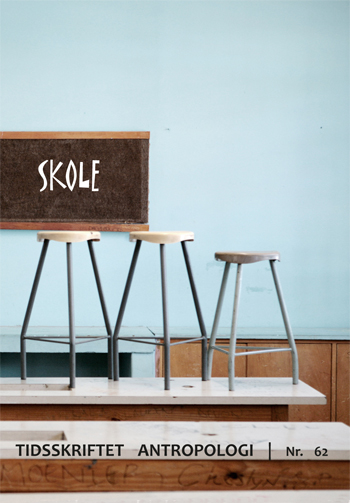„Den gode samfundsborger er buddhist!“: Medborgerskabsforståelser i singalesiske skoler, Sri Lanka
DOI:
https://doi.org/10.7146/ta.v0i62.27353Resumé
Birgitte Refslund Sørensen: “The Good Citizen is a Buddhist!” Understandings of Citizenship in Singhalese Schools, Sri Lanka
Schoolchildren in Sinhalese schools learn to perceive themselves and the surrounding world through a Buddhist lens. This article, which draws on essays written by schoolchildren (grades 6-12) from three different schools, demonstrates how the children apply Buddhist values in developing a social imaginary of the good citizen, and how they apply this understanding in their assessments of transformations in society. I argue that even when their Buddhist views stress values like discipline, moral conduct, social responsibility and compassion that promise to foster a peaceful society, the children’s strong commitment to Buddhism as a basis for being a good citizen could also be a source of conflict. This is so, because Buddhism enjoys a privileged position in the constitution of Sri Lanka, where Buddhist Sinhalese are the majority, and because it has been politicised and serves as the foundation of a strong Sinhalese ethno-nationalism. So even though none of the Sinhalese schoolchildren would speak negatively of other groups, I argue that the strong linkage they make between Buddhism and the good Srilankan citizen is nevertheless expressive of a hegemonic discourse, which defines cultural citizenship and which marginalises others in Sri Lanka today.
Keywords: Buddhism, conflict, discipline, ethnicity, modernization, moral community.
Downloads
Publiceret
Citation/Eksport
Nummer
Sektion
Licens
Ophavsretten til artiklerne i Tidsskriftet Antropologi tilfalder forfatteren.
Artikler publiceret i Tidsskriftet Antropologi må citeres, downloades og videresendes for ikke-kommerciel brug, under forudsætning af normal akademisk reference til forfatter(e) samt tidsskrift, årgang, nummer og sider. Artiklerne må kun genudgives med eksplicit tilladelse fra forfatter(e) og tidsskriftet.


